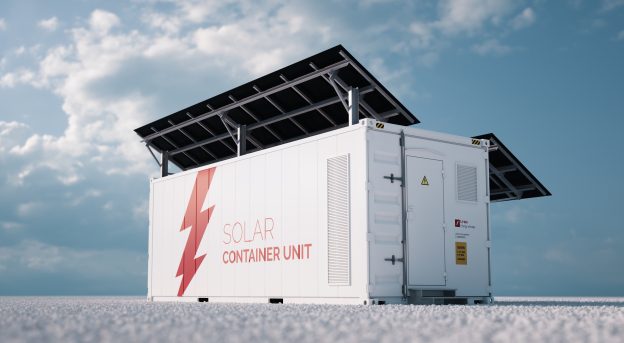Chinese battery manufacturer Gotion High-tech will build a battery assembly plant in Malaysia to expand its influence in Southeast Asia, according to Malaysia's national news agency.
Cheng Qian, president of Gotion High-tech's Asia-Pacific business, said on the 22nd that the battery cells will come from China and the project is currently in the discussion stage. "We are very interested in building a battery factory in Southeast Asia."
It is reported that in Southeast Asia, Gotion High-tech currently has battery assembly plants in Indonesia and Thailand, and the Vietnam factory will also be put into production in October this year.
It is worth noting that recently, a number of lithium battery companies have set their overseas targets in Southeast Asia.
Why choose Southeast Asia?
On the one hand, Southeast Asia has abundant natural resources of key raw materials such as nickel and cobalt, and its labor costs are more competitive, providing unique conditions for power battery production. Data shows that in 2022, Indonesia became the world's second largest supplier of cobalt, accounting for about 5% of the global production of this battery material. By 2030, Indonesia's share of global cobalt production will rise to nearly 20%. At the same time, Indonesia is also the world's largest nickel producer, with reserves exceeding 1/5 of the world's reserves.
On the other hand, with the rapid growth of the electric vehicle market, the demand for power batteries has increased significantly, driving the rapid expansion of power battery production capacity, and the problem of oversupply has emerged. Although the domestic market is highly competitive, the demand in the overseas market is strong, and the "going overseas" of power battery companies has become a new growth point. The investment and construction of factories by Chinese power battery companies in Southeast Asia will not only help improve the level and competitiveness of the local battery industry, but will also provide strong support for them to expand into the international market and realize their globalization strategy.
In addition, many Southeast Asian countries have introduced support policies to promote the development of automobile electrification. Take Malaysia as an example. Malaysia plans to increase the proportion of electric vehicles in total automobile sales to 15% by 2030 and to 38% by 2040. In addition, a series of tax incentives for electric vehicles have been introduced. Electric vehicle companies can apply for 70% to 100% income tax exemptions for up to 10 years.
Source:https://mp.weixin.qq.com/s/9bEIXmPe7jBeQgJv9fAUGg






